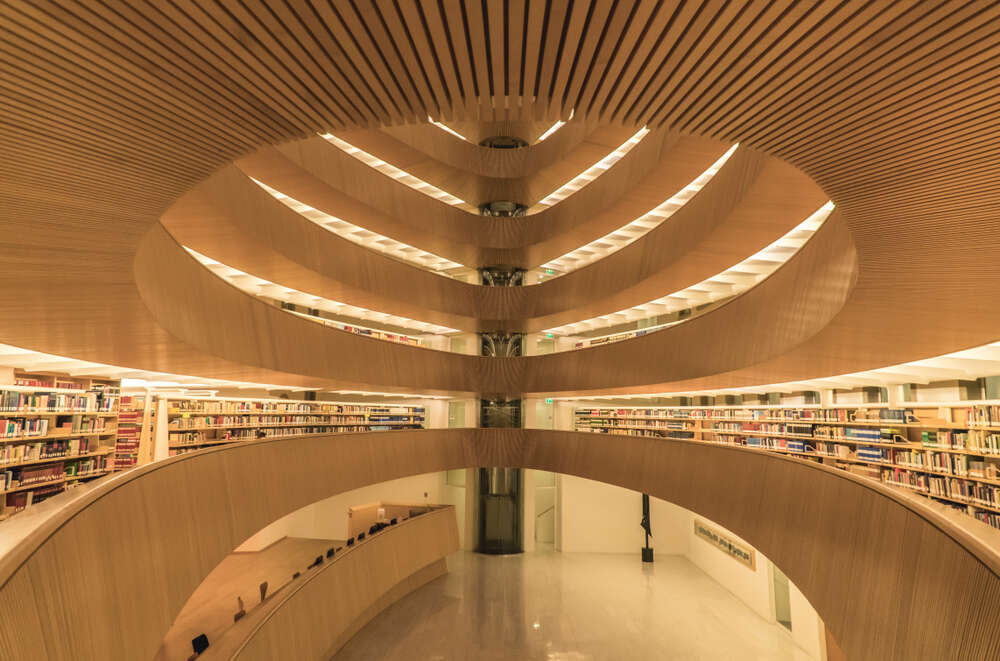
With the recent passing of a referendum, the government of the canton of Zürich will now write the circular economy into the constitution, seeking to create a framework for “considerate treatment of resources, materials, and goods, as well as the closing of materials loops”. But just how sustainable is the city of Zürich?

Coming in just outside the top ten in 11th place on the Arcadis Sustainable Cities Index 2022 – which judges on the criteria of people, planet and profit – Zürich has a lot to offer in terms of sustainable initiatives. Though it might be assumed that as a global financial centre, the city would place highly on the profit pillar, it actually ranked second for people and didn’t rank highly in profit. Its ranking in the profit pillar was hampered due to equity.
As the report states: “A city is not truly sustainable if some of its citizens are being priced out. As the cost-of-living rises, essential workers – such as in the emergency services or education – could find that their salaries are not keeping pace.” So if it isn’t the economics of Zürich helping it to rank highly on such indices, what does it have to offer?
Is Zürich carbon neutral?
The city is already claiming to be climate-neutral. (A process in which greenhouse gas emissions are reduced as much as possible, and any remaining emissions are offset or compensated for.) However, the goal is to be net zero on the balance sheet by 2040. There is also a target for indirect greenhouse gas emissions per inhabitant, which are to be reduced by 30% by 2040 compared with 1990 levels.
This is just one of the ‘Four Concrete Environmental Goals’. The other three initiatives include:
• A healthy urban environment: this area covers a ‘heat mitigation plan’ to combat and reduce heat loss in homes and businesses; ‘noise protection strategy’ to control noise pollution such as traffic and construction; ‘air pollution control action plan’ to limit pollution at the source; and ‘urban trees plan’, which serves to preserve and promote tree cover – the goal is to increase coverage by 17% (2018) to 25%.
• Networked urban nature: this covers the ‘green book of the city of Zurich’, which aims to further develop green space within the city; and the ‘concept of species and habitat promotion’ to promote biodiversity in urban areas.
• Intelligent use of resources: the final goal covers the ‘sustainability standards in procurement’, which will examine the economics of procurement for the city; and ‘greater consideration of climate relevance in purchasing’, which looks at climate protection potential in procurement.
Sustainable infrastructure
The Sustainable Cities Index lists Zurich’s strengths as broadband, crime, education, health and transport. The latter of which is of particular interest. Although the most sustainable method of travel will always be cycling, for the longer journeys, the Swiss Federal Railways (SBB) network is almost completely electrified, with a large percentage of that energy coming from renewable hydropower.
[Read more: Where are the most sustainable cities in the world?]






